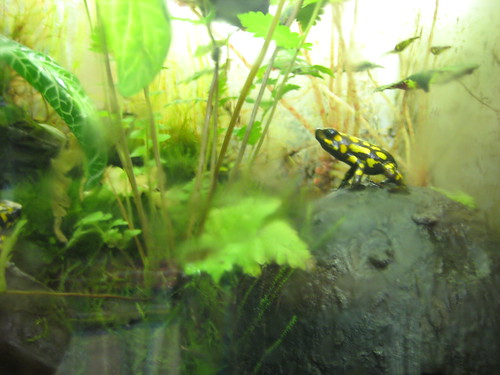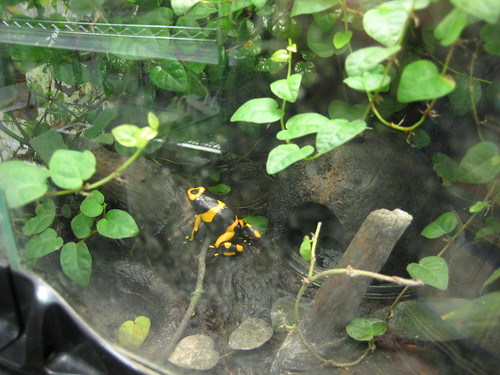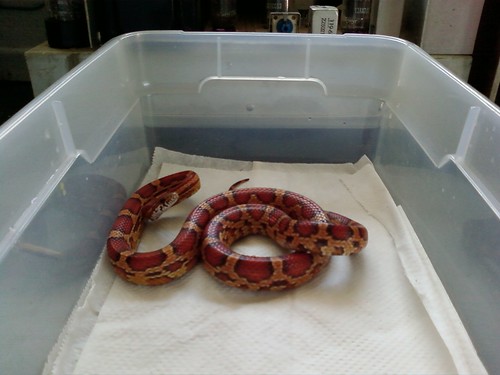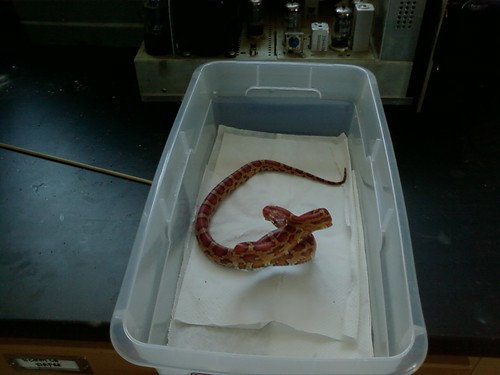It might be the bank teller who won’t cash your check for ten,
the draft board official who wants his job back again,
the rookie cop who will always be a novice,
those little punks down at the Food Stamp office…
Stupid people in positions of power,
stupid people in positions of power,
stupid people in positions of power,
wicked stupid now!
– Bill Morrissey *
A few weeks ago I wrote about Pandora – a webcaster who will take a seed song or artist and play other tunes like it. It’s a good way to discover new stuff and in a rational world, I’d think that the music business would welcome the exposure. Hah! No such luck – seems like everything the mafRIAA touches turns brown and smelly. A friend emailed me to let me know about the internet radio death watch – seems that fees for webcasters are being reset at a level that will put the small to medium sized folks out of business:
Bill Goldsmith of Radio Paradise told Kurt Hanson, “This royalty structure would wipe out an entire class of business: Small independent webcasters such as myself & my wife, who operate Radio Paradise. Our obligation under this rate structure would be equal to over 125% of our total income. There is no practical way for us to increase our income so dramatically as to render that affordable.” Kurt adds, “And Radio Paradise is perhaps the most-successful webcaster in its class! For most operators, this rate looks as if it would be >150-200% of total revenues.” *
Aside – Radio Paradise is successful for good reason. The friend who told me about the death watch also pointed me at Radio Paradise; it’s fantastic.
The market has changed. The record industry seems to think they can legislate the jinni back into the bottle, rather than adapting to new realities. The opportunities are there – provide extremely high bit-rate files for audiophiles, let me buy (non-DRMed) songs with a one-stop click at sites like Pandora and Radio Paradise, open up the long tail (I’d love to get my hands on the two Bottle Hill albums again), etc. Instead of adapting and providing additional value though, it seems like the business plan centers on business as usual via legal control and intimidation (I’ll have more to say about this in another post soon).
This decision has much to offend both free-speech-loving Democrats and free-market-loving Republicans. Especially the latter. You’re not going to find a better example of government interfering with free markets — or preventing them outright — than with this one.
You also won’t find businesses (or organizations, in the case of public radio stations and other nonprofits) that are doing a better job than Internet radio of help recording artists get paid for their work. For proof, go to Radio Paradise and click on any song on its long playlist. You’ll get album cover art, links to the artist’s website, tour info, and much more, including six different ways to buy the song. Go to Soma-FM, click on any playlist and any artist. You’ll get sent to an Amazon page where you can buy the music. Go to NPR’s Music page, and you’ll find Available for Purchase: Featured Music in prominent display.
This is the marketplace at work, today. It is exactly these kinds of market activities — independent businesses, helping make music consumers into music customers — that the RIAA and SoundExchange are working so hard to prevent, and that Judge Simson dismisses as a “nascent industry” that he’d rather see bulldozed to make room for the few Big Boys who can afford to pay. *
Where will this kind of activity go? Maybe offshore? Where the music industry is far less likely to get a cut? Oh, I know – let’s set up our own version of the Great Firewall to protect an entrenched oligopoly. Maybe I’m hypersensitive about the American blind spot ( “Rest of the world? What rest of the world?” ) because I look at my server logs and see hits from lots of other countries, but sheesh – is too much to ask that the folks who run an enormously profitable global industry think globally and realistically?
















